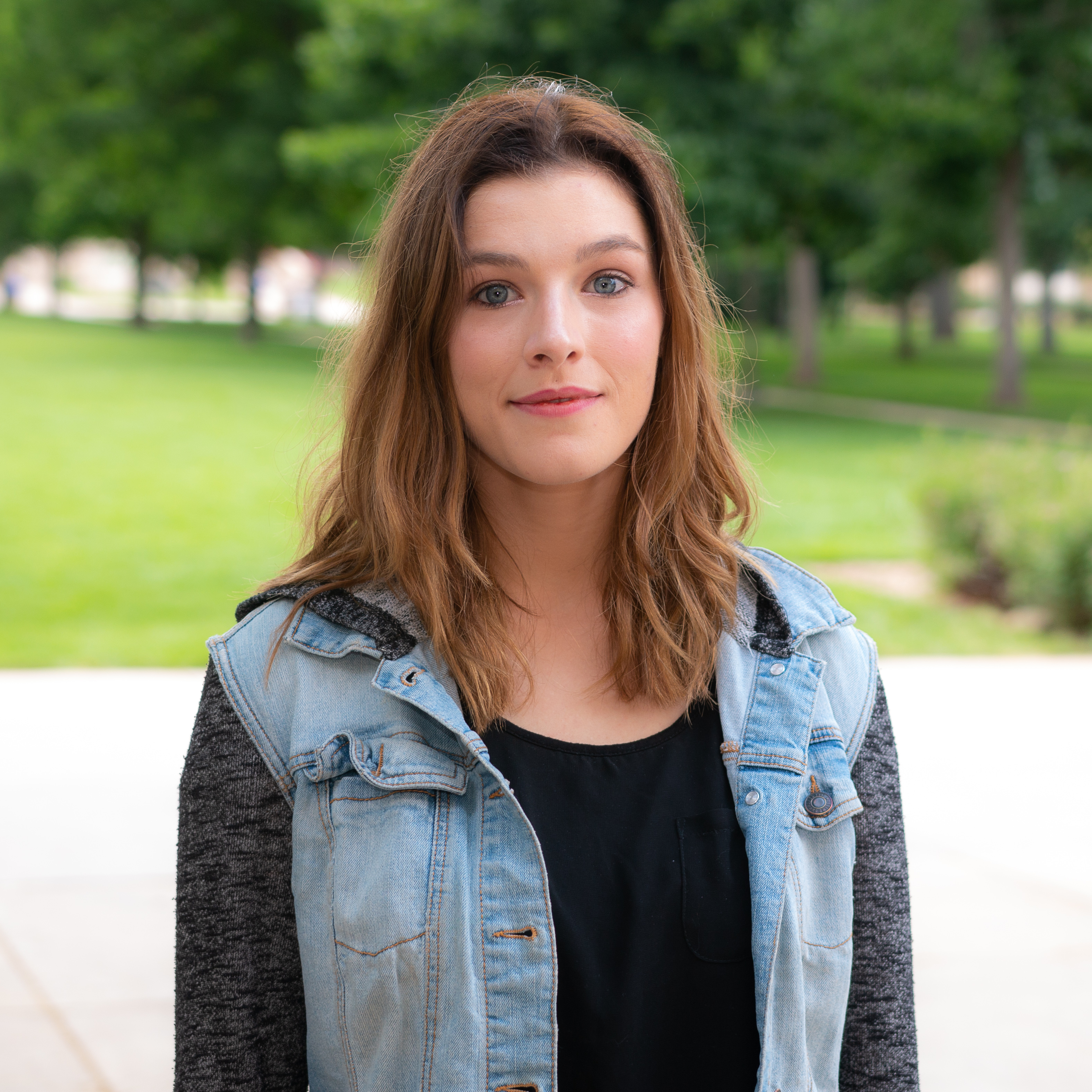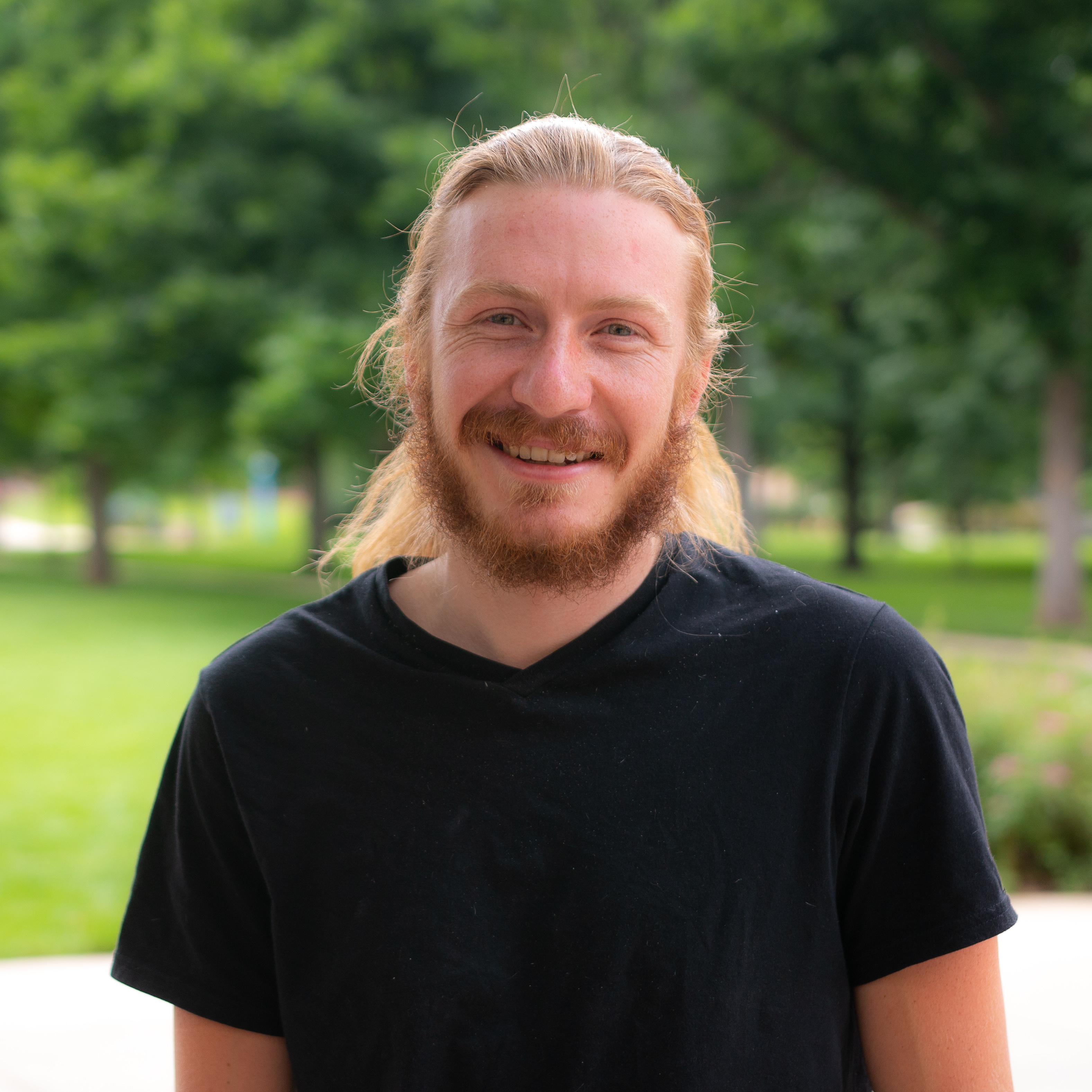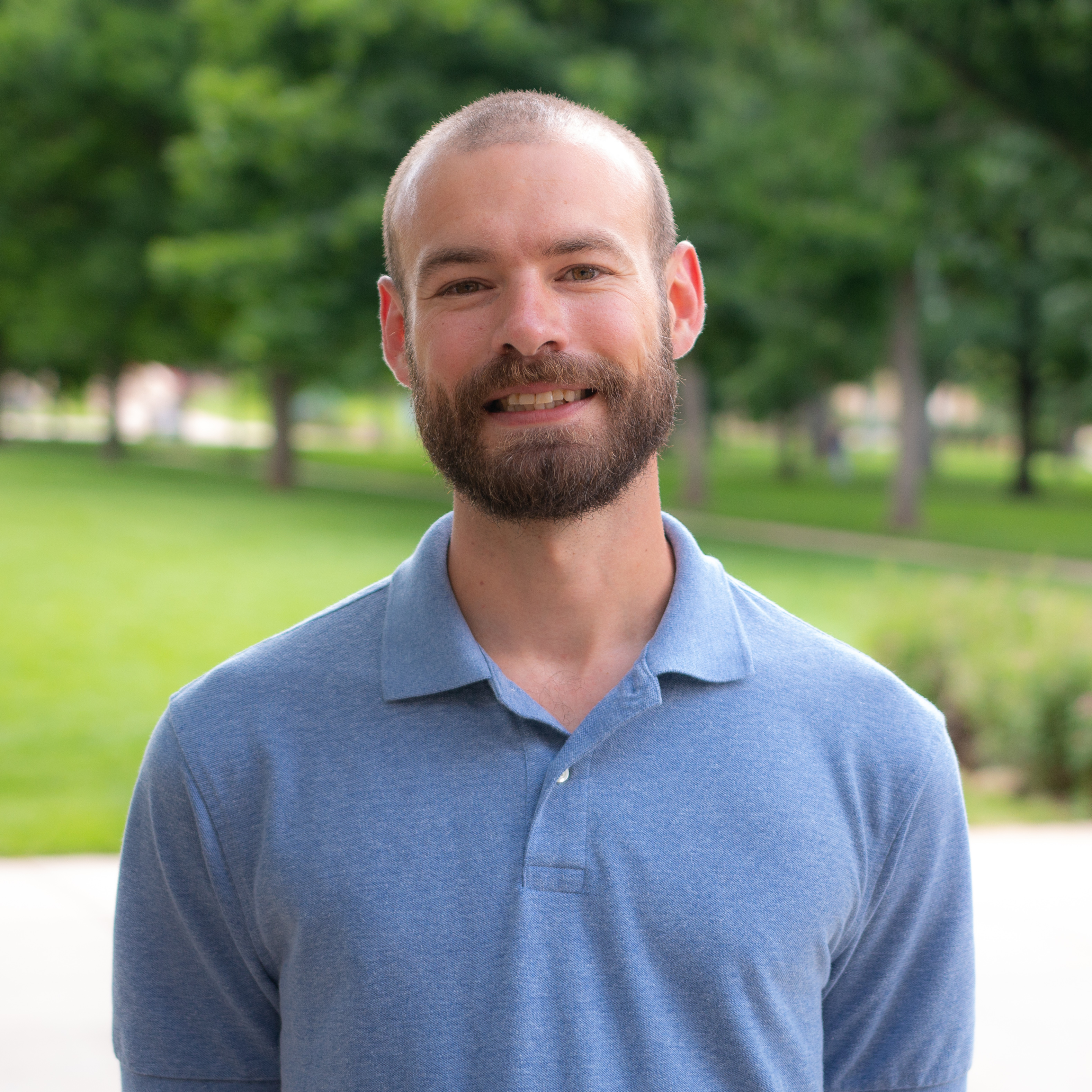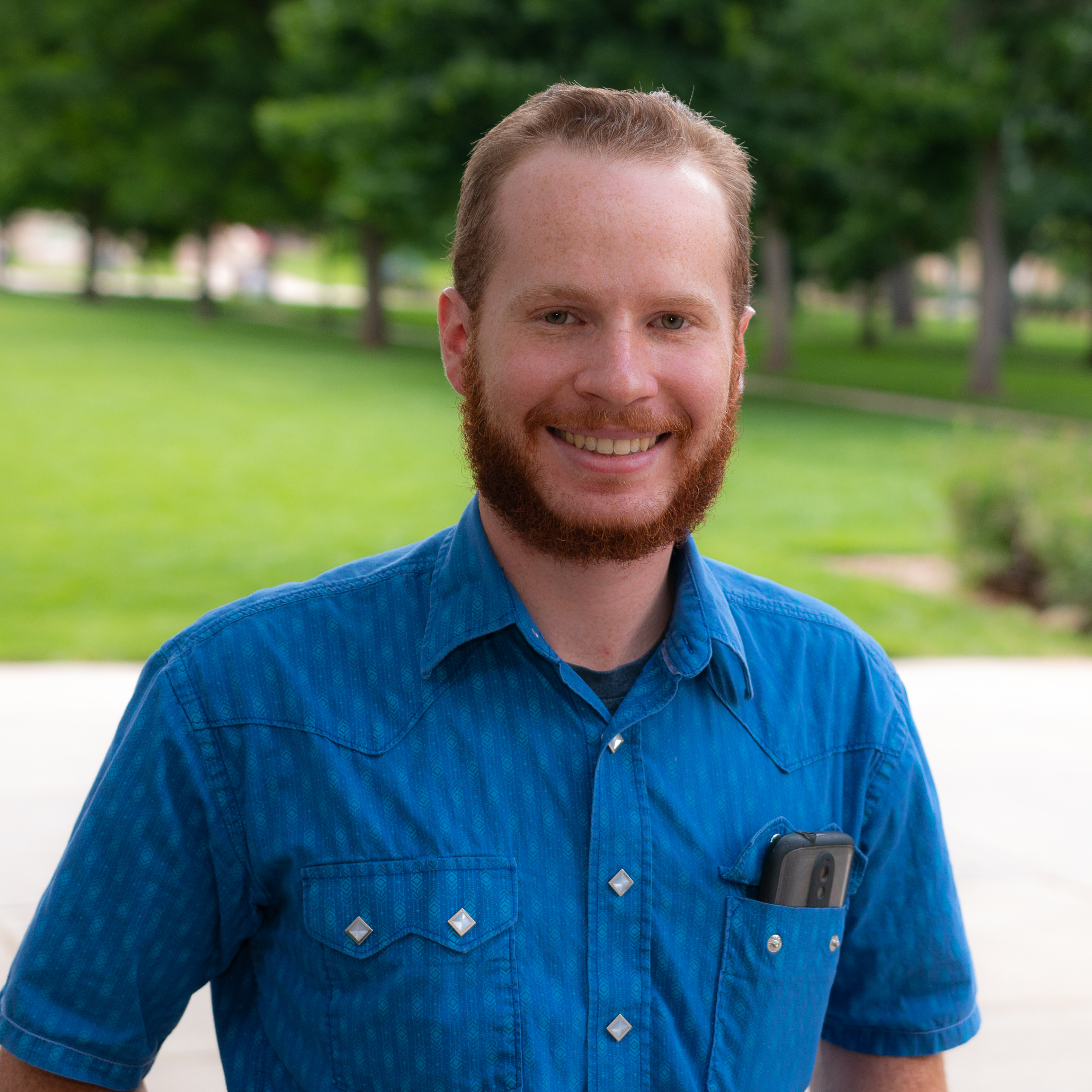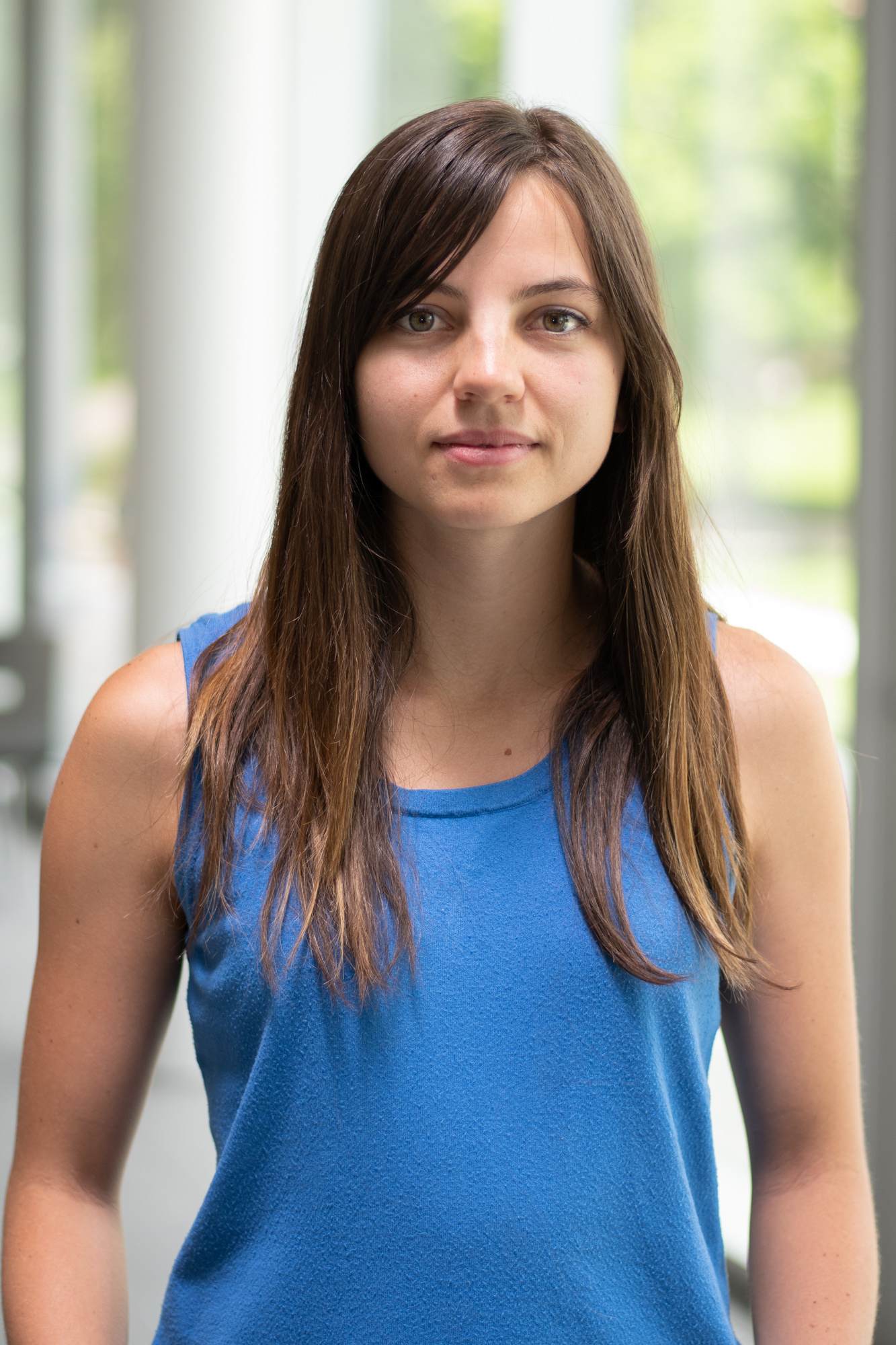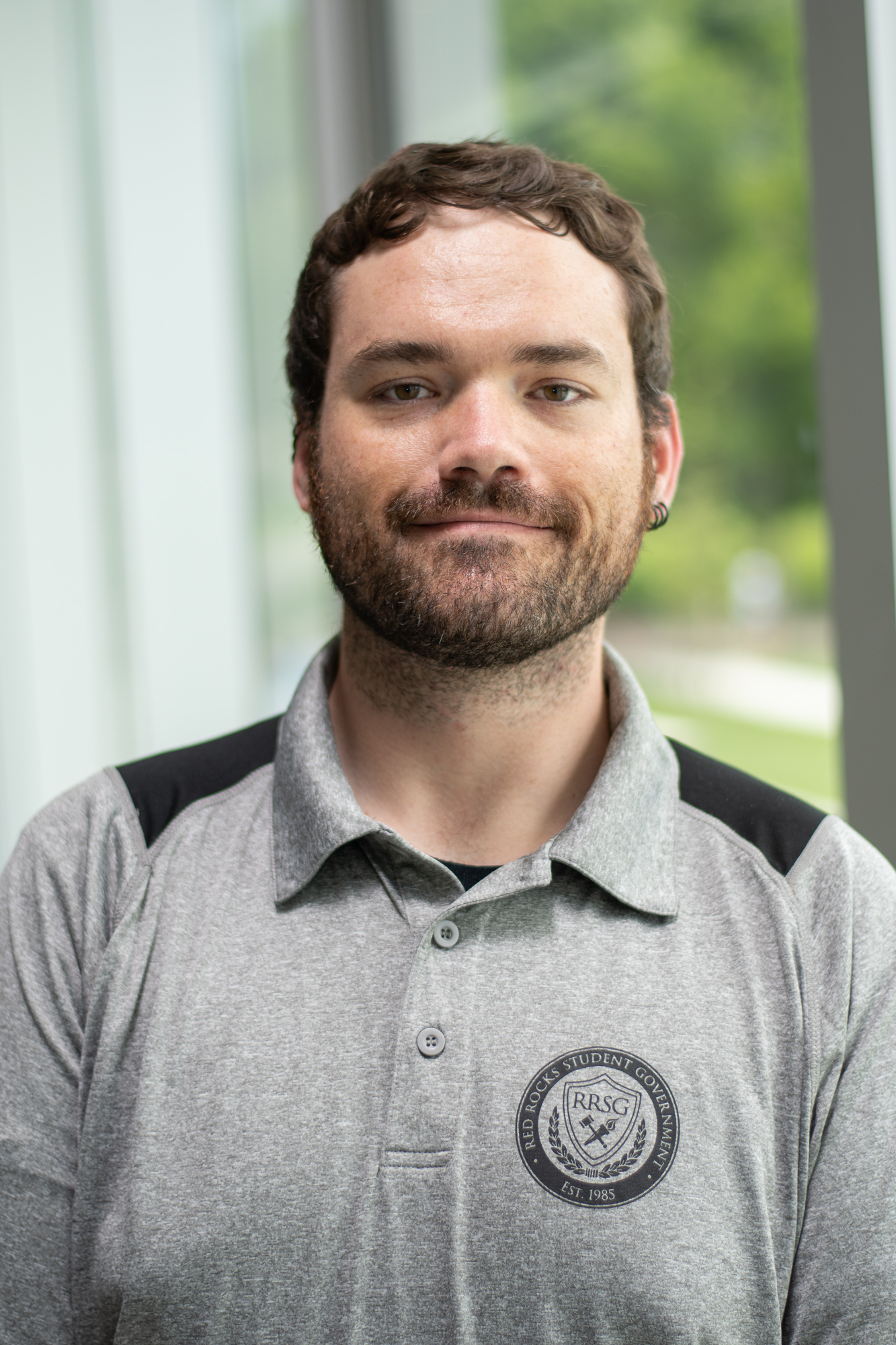Meet the 2018 BOTS Cohort
Describe your Project:
Rectification is the process of converting AC signal to DC signal or vice versa. If ambient RF signals traveling through the airwaves can be harvested, then the process of rectification is able to convert these RF signals to usable DC power. This amounts to basically free energy if appropriate systems are in place to capture and convert these RF signals. The purpose of this project is to optimize a wireless energy harvesting system for 2.45 GHz applications.
How BOTS will impact your career:
I am learning how to solve real-world engineering problems, which will be critical to making an impact in my career. I am learning how to model and optimize circuits in Keysight ADS, which is an industry standard in electronics engineering. I am gaining practical skills which go beyond theory and will be essential in knowing how to develop technology for mass production.
Describe your Project:
Ferro/Super conducting nanowires have unique heat transfer properties. My research is exploring the potential of building these wires as a piece of the overall nano chip process. The process of building the nanowires is done in an electroplating fashion. A voltage is applied through an electrolytic solution between an anode and a cathode and deposits a nano sized layer of metal ions, a different voltage is applied to attract another layer of metal to the membrane until we achieve multiple layers of separate metals.
How BOTS will impact your career:
Any type of internship will inevitably look good on a resume. Research experience will teach fundamental skills that will be useful in real world scenarios, as the job industry will hire qualified peoples who have obtained these types of skills.
Describe your Project:
We are working on designing rectifier circuits that will be used to turn RF signals into electrical current in remote devices. A battery management evaluation module board must also be researched and implemented to produce a clean DC signal for devices to use. Once our wireless modules are designed it can be scaled up to a network which will take additional design and programming. Dr. Nayeri has given us the freedom to focus on any one aspect of this project that we are most interested in and focus on that aspect of the research.
How BOTS will impact your career:
I believe that the hands on experience that I will gain while working on real world research will help my career. I hope that some of the skills that I learn in the RF lab will apply to my future job. Even so I know that this will be an excellent learning opportunity that will help propel me forward in my upcoming studies and beyond.
Describe your Project:
We are working on high strength steel wires for use in structural applications (ie cables). We are working with pearlite microstructures and are trying to determine the stresses causing delamination during twisting.
How BOTS will impact your career:
The ability to use machines and tools for testing will go a long way in industry. Also, the things I am learning about metals will help me better understand my course work as I am learning it.
Describe your Project:
In this project, solid-state chemistry is being used to create new compounds to discover new materials. Currently, I am working with zinc, vanadium, and tellurium and using different stoichiometries within these three elements. After adding energy into the system, such as ball-milling and annealing, X-ray diffraction is used to reveal information on the structure. This information is analyzed against X-ray diffraction patterns of elements and other known existing compounds. The powder that was created gets pressed into a pellet and tested for thermoelectric properties.
How BOTS will impact your career:
Participating in BOTS has been useful for my career because it has opened the door to connections and resources. Working alongside grad students, doctorate, and post-docs has given me a more comprehensive idea of going into industry versus continuing into grad school. I have already gained hands-on experience in the process of conducting research in the lab as well as honed in on my analyzing skills.
Describe your Project:
Utilizing established solid-state synthesis techniques, I will be combining elements in different ratios in search of novel ternary compounds in the Cu-V-Sb and Zn-V-Sb systems. This involves grinding the ingredients under an inert gas, annealing the resulting powder, and then analyzing the resultant via x-ray diffraction and advanced computer software for the presence of phases that have not been previously identified in the literature. If a new ternary compound is indicated, further testing of a hot-pressed pellet of the sample with electron microscopy will confirm or invalidate such. If indeed, a new compound has been discovered, its thermoelectric properties will be studied and the results published.
How BOTS will impact your career:
BOTS has helped me begin my journey as an Oredigger successfully by giving me the opportunity to integrate into the Mines campus community swiftly. BOTS will also help me in my career beyond Mines, because working in the lab has provided insight into why we learn what we do in the classroom and how this academic knowledge is applied in industry and research. Thanks to BOTS, I have gained an even deeper appreciation for science, as well as confidence in my ability to pursue a career in science!
